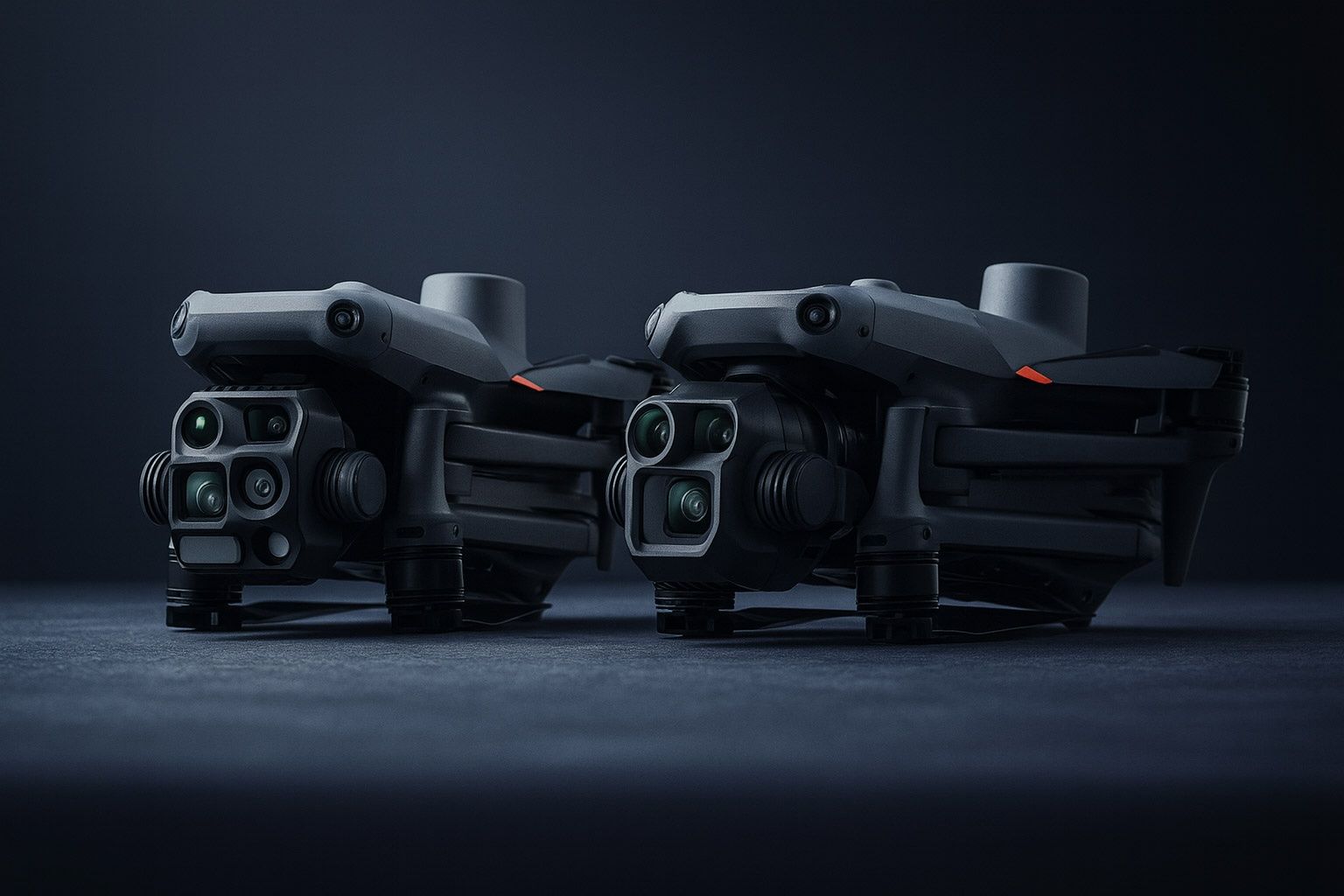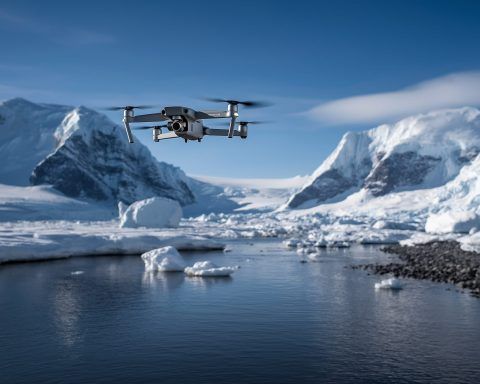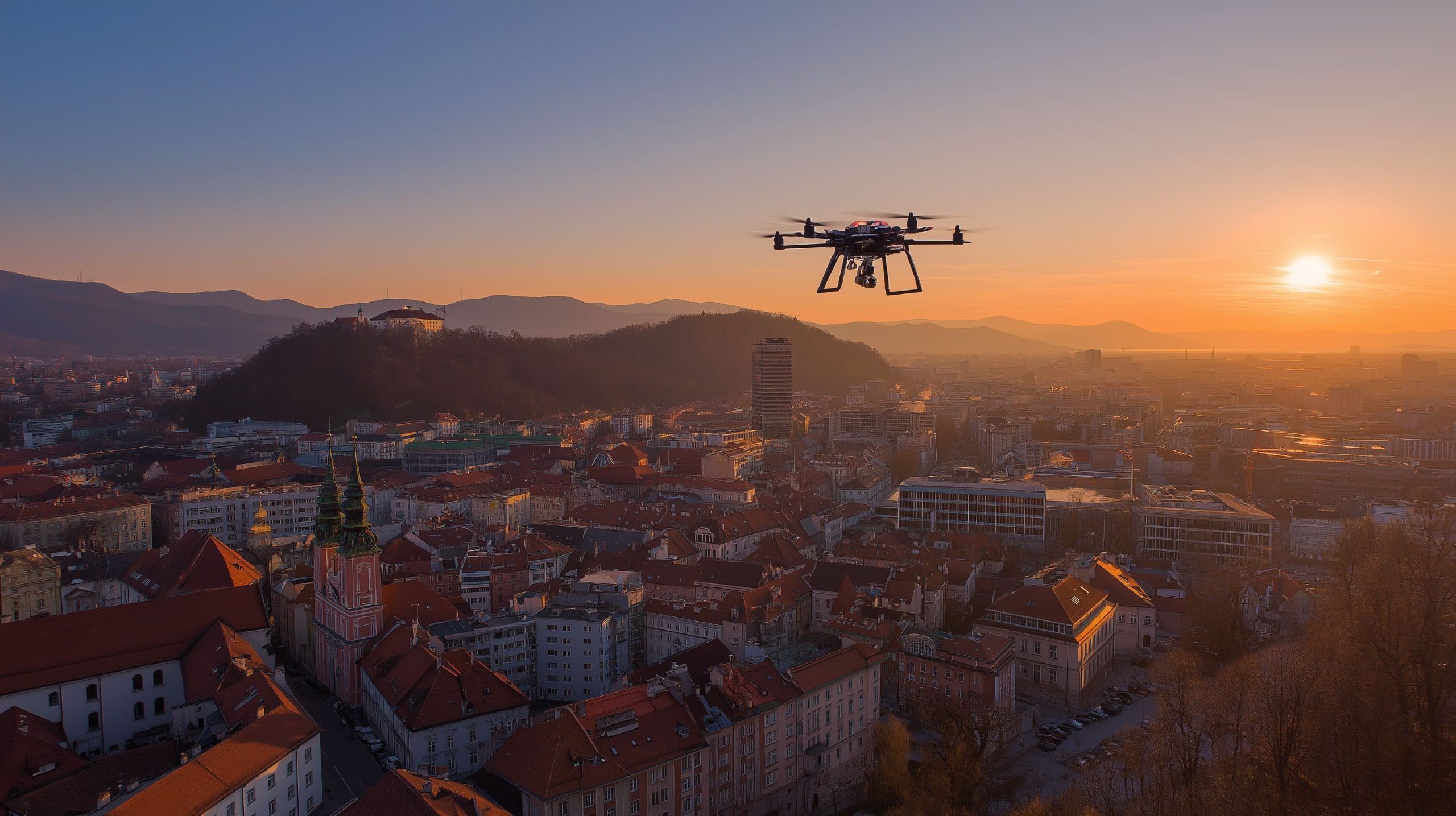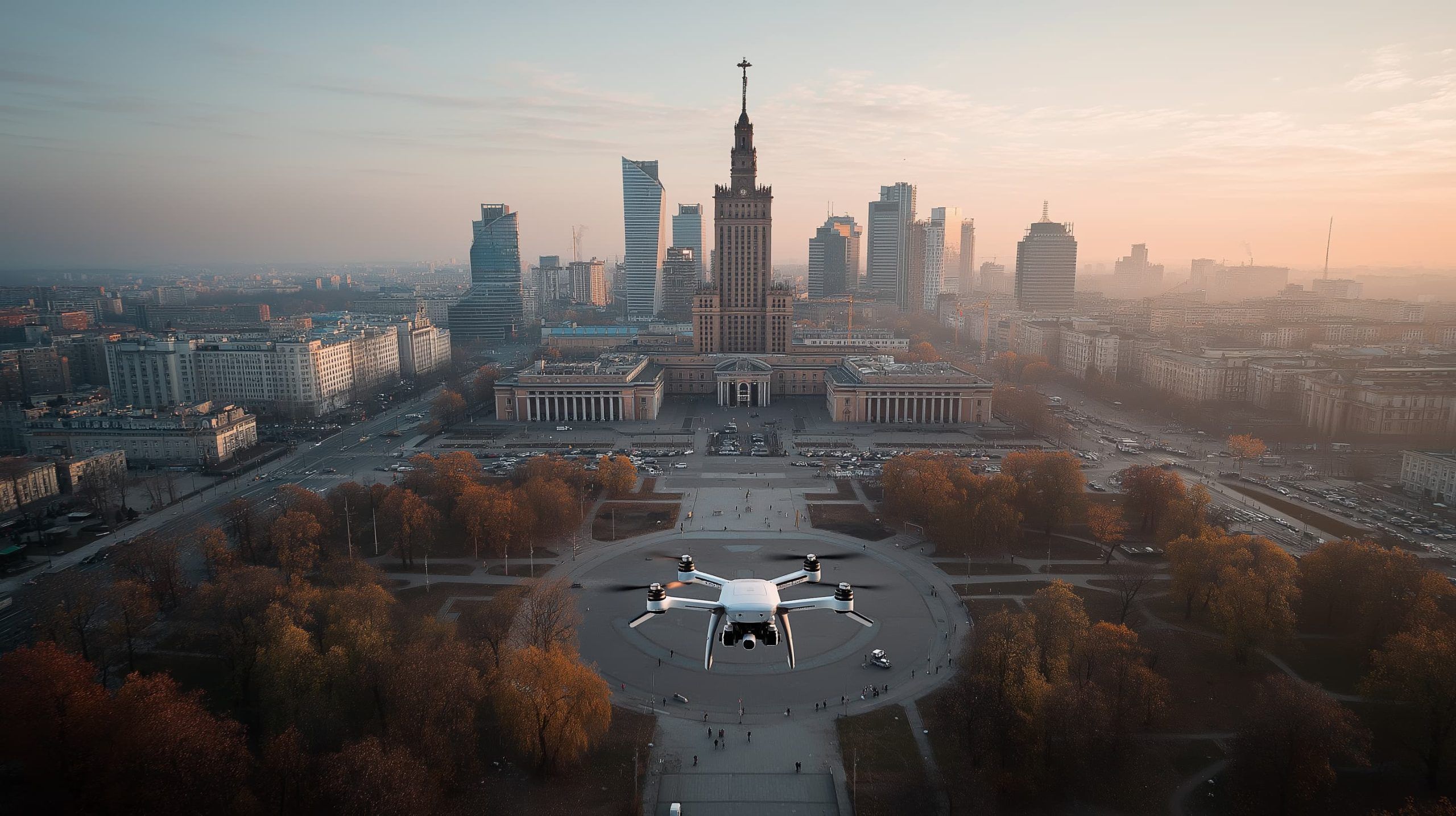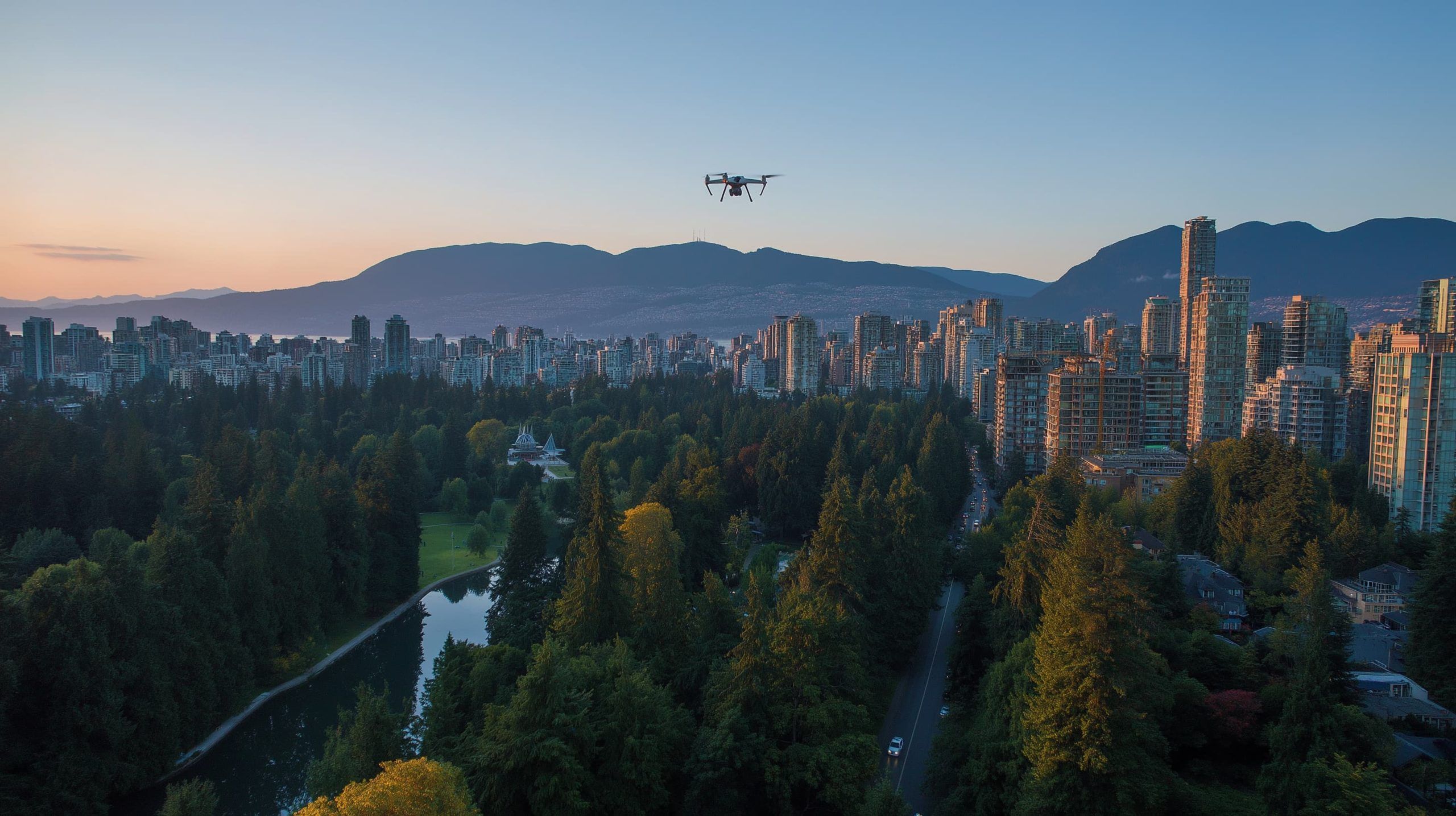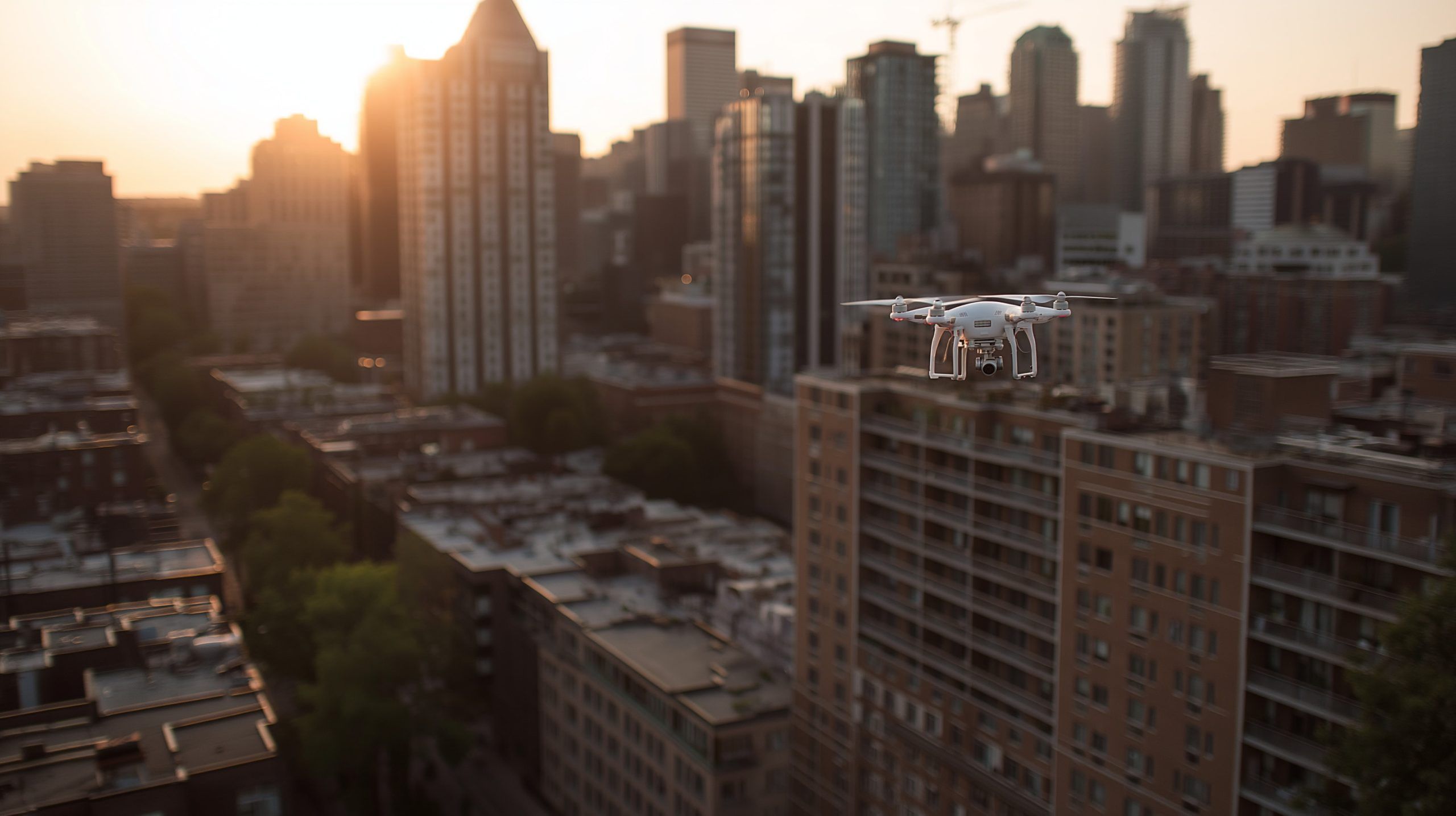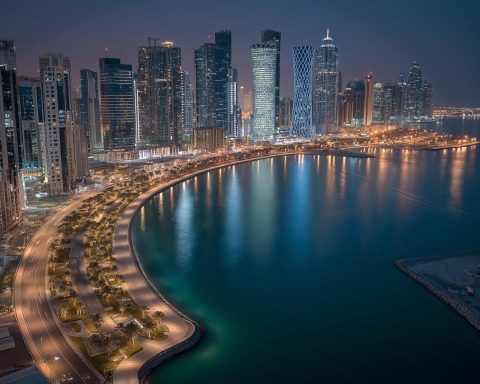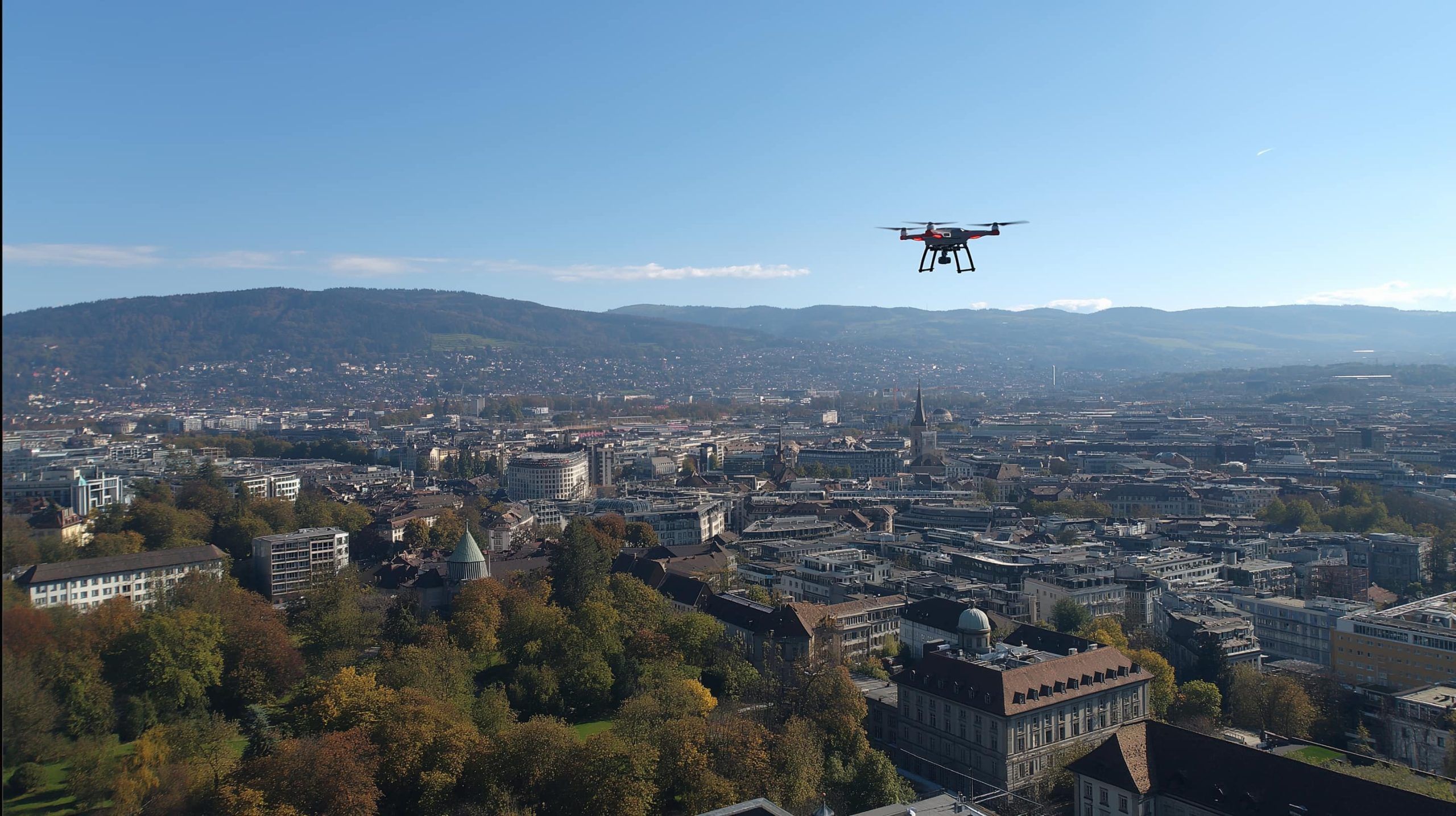
Google dodges $2.36 billion disgorgement bid in privacy class action, but $425 million verdict stands
A U.S. judge in San Francisco refused to order Google to pay $2.36 billion in alleged profits or impose a broad injunction in a privacy class action. The court left intact a $425 million jury award and denied Google’s bid to decertify the class. Google plans to appeal the September verdict. The case centers on Google’s collection of app activity data despite users disabling a privacy setting.


